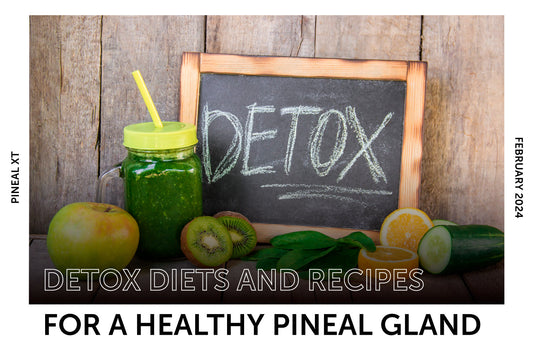These "Low-Fat" Foods Can Actually Make You Gain Weight…

Before we tackle the intriguing world of low-fat foods, I want you to consider your last grocery trip.
Did you find yourself reaching for products labeled “low-fat” thinking they were the healthier choice? But only to find yourself still struggling with weight loss or feeling sluggish? I'd love to hear about your experience. Drop me a reply.
You're not alone. Many of us have fallen victim to the "low-fat" trap, thinking that by cutting out fat, we're automatically doing our bodies a favor. But the truth is, many low-fat foods are not as healthy as we might think.

The Low-Fat Deception
The low-fat craze started back in the 80s and 90s when dietary fat was demonized as the root cause of obesity and heart disease. Food manufacturers capitalized on this fear, flooding the market with low-fat alternatives that promised to be the solution to our health woes.
Little did we know, these products were often laden with added sugars, refined carbohydrates, and unhealthy additives to compensate for the lack of fat and flavor.
Here are some examples of low-fat foods that might not be as healthy as they seem:
Low-Fat Ice Cream
To compensate for reduced fat, low-fat ice creams are often packed with sugar and sometimes thickeners and artificial flavors, contributing to higher calorie intake and reduced nutritional quality.
Low-Fat Yogurt
Many low-fat yogurts have added sugar or artificial sweeteners to enhance their taste after removing the fat. This can lead to higher calorie content and potentially disrupt insulin sensitivity or contribute to tooth decay.
Low-Fat Salad Dressings
Low-fat salad dressings often contain added sugars, salt, and sometimes artificial additives to replace the flavor and consistency of fats. This can turn a healthy salad into a less healthy meal.

Bonus Insight: The healthiest salad dressings are those that are made without sugar and contain natural fats like olive oil, which benefits heart health
Low-fat Processed Snacks
Low-fat cookies, cakes, and chips often have added sugars or refined carbohydrates. These can cause rapid spikes in blood sugar levels, which may contribute to energy crashes and aren't ideal for weight management.
Low-fat Breakfast Cereals
Many breakfast cereals are marketed as low-fat but contain high amounts of added sugars and refined grains. They can be low in fiber and nutrients, which are essential for a balanced diet.
Frozen Meals
Low-fat frozen meals are often seen as a convenient low-calorie option. However, they can contain a long list of additives and preservatives, high sodium levels, and insufficient vegetables for optimal health.
Fruit Juices
While fruit juices aren't typically marketed as low-fat, they're perceived as a healthy low-fat option. However, juicing removes fiber and leaves mostly sugar and water, which can lead to higher caloric intake without the satiety provided by whole fruits.
Margarine
Margarine is produced from vegetable oils and includes a variety of fats—saturated, monounsaturated, and polyunsaturated, depending on the oils used. Historically, manufacturers used hydrogenation to solidify these oils, which generated unhealthy trans fats, adversely affecting heart health.

Low-Fat Peanut Butter
When the fat content in peanut butter is reduced, manufacturers often add sugars, corn syrup, and other additives to make it more appetizing and smooth. This can increase calorie count and potentially negate the health benefits of choosing a low-fat option. Regular peanut butter, with its natural fats, can be a healthier choice as it provides more nutritional value and better satiety.
It's clear that low-fat foods aren't always the healthier option. Be sure to read ingredient lists and nutritional labels carefully—what's inside may surprise you.
Choosing whole, minimally processed foods and understanding the types of fats and other nutrients in your diet is key to maintaining good health.




